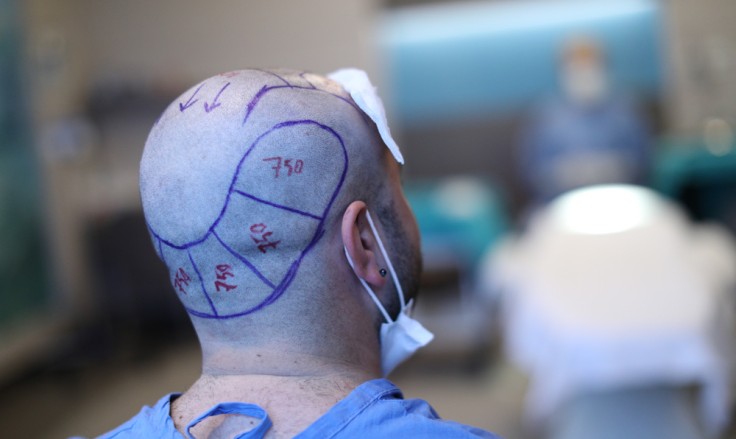How Do You Know If You Need Gynecomastia Surgery?
Gynecomastia surgery is a procedure designed to reduce excess breast tissue in men. This condition, known as gynecomastia, can cause emotional distress and physical discomfort. While gynecomastia is common, not everyone needs surgery. In this article, we’ll explore how to determine if gynecomastia surgery is the right choice for you.
What is Gynecomastia?
Gynecomastia refers to the enlargement of breast tissue in males. It can affect one or both breasts. It is important to understand the causes and symptoms of this condition.
- Causes: Hormonal imbalances, certain medications, and medical conditions can cause gynecomastia.
- Symptoms: Common symptoms include swollen breast tissue, tenderness, and a firm feeling in the chest area.
Signs You May Need Gynecomastia Surgery
If you experience persistent symptoms, gynecomastia surgery may be a solution.
- Long-Lasting Condition: Gynecomastia that lasts more than two years often requires surgery.
- Emotional Distress: If your chest appearance causes embarrassment or low self-esteem, surgery might help.
- Physical Discomfort: Pain, tenderness, or discomfort in the chest may indicate the need for surgery.
- No Improvement with Lifestyle Changes: Gynecomastia caused by obesity may improve with traditional weight loss. If not, surgery could be an option.
Gynecomastia vs. Pseudogynecomastia
It’s important to distinguish gynecomastia from pseudogynecomastia, which is caused by excess fat.
- Gynecomastia: Involves glandular tissue growth, often requiring surgical removal.
- Pseudogynecomastia: Caused by fat buildup, treatable with weight loss or liposuction.
Non-Surgical Treatment Options
Before opting for this surgery, explore non-surgical treatments that may resolve the issue.
- Medications: Hormonal treatments can help if the condition is caused by hormone imbalances.
- Lifestyle Changes: In some cases, changes in diet and exercise can reduce mild gynecomastia.
- Watchful Waiting: Some cases of gynecomastia resolve on their own, particularly in teenagers.
What to Expect During Gynecomastia Surgery
If you choose gynecomastia surgery, here’s what to expect from the procedure.
- Anaesthesia: Surgery is usually performed under general anaesthesia for comfort.
- Incisions: The surgeon makes small incisions to remove excess glandular tissue or fat.
- Liposuction: In cases involving excess fat, liposuction may be used to contour the chest.
- Recovery: Most patients can return to work within a week, but full recovery takes several weeks.
Ideal Candidates for Gynecomastia Surgery
Not everyone is a good candidate for gynecomastia surgery. Here are the key factors.
- Stable Weight: It’s important to be at or near your ideal weight before surgery.
- Good Health: Candidates should be in good physical health and free from underlying medical conditions.
- Emotional Readiness: Consider your emotional readiness for surgery and recovery.
- Realistic Expectations: Surgery improves chest contours, but patients should have realistic expectations.
Benefits of Gynecomastia Surgery
Gynecomastia surgery offers both physical and emotional benefits.
- Improved Appearance: Surgery creates a flatter, more masculine chest contour.
- Enhanced Confidence: Many men feel more confident in their appearance after surgery.
- Physical Comfort: Surgery reduces discomfort caused by excess tissue or breast size.
Conclusion
Gynecomastia surgery can be life-changing for men struggling with excess breast tissue. If you experience persistent symptoms, discomfort, or emotional distress, surgery may be the right option. It’s essential to consult a qualified surgeon who can guide you through the process. They’ll also help you make an informed decision. Non-surgical options are worth exploring, but surgery offers long-lasting, effective results for many men.
For more information on gynecomastia surgery, please visit the ACIBADEM Beauty Center webpage.




